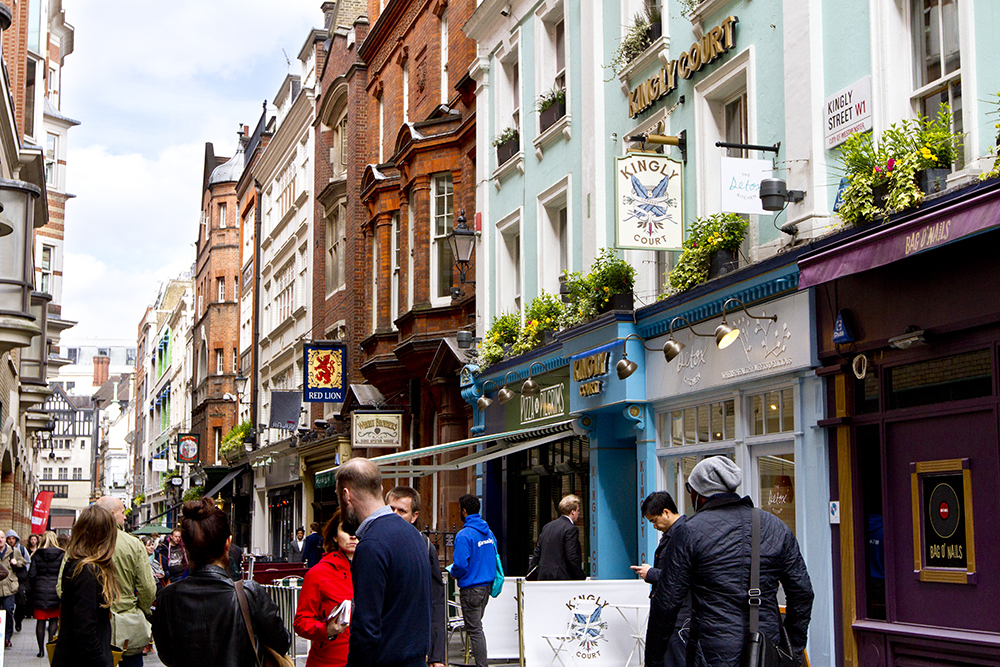Property bosses clamp down on the white van man in bid to protect London business

London’s landlords are declaring war on vehicle deliveries, amid fears that overcrowded and polluted streets are jeopardising business.
Property heavyweights fear that worsening congestion is driving commuters, shoppers and tourists away from major destinations in the capital, as the rise of online purchasing leads to ever more delivery vans, motorbikes and lorries.
Moves to pedestrianise entire streets and cut down on delivery orders are among the steps being taken to ease congestion, as landlords and councils worry that congestion in many parts of the capital has reached breaking point.
“In the West End there is a sense that it is already very crowded, and with Crossrail opening, there’ll be a lot more people. It’s a real problem…you’ve got endless delivery vehicles and private packages, and more Ubers cruising around and waiting for a fare,” according to Brian Bickell, the boss of West End giant The Shaftesbury Group.
Read more: West end retail giants 'hit by staff shortages'
With nearly 15 acres of property across Soho, Fitzorovia and Covent Garden, Bickell worries “visitors coming for leisure will be turned off the whole idea of coming here if they have to pick their way through traffic jams.”
Six weeks ago The Shaftesbury Group rolled out the pedestrianisation of Newport Court on the edge of Chinatown, much of which it owns, closing off a gateway into the bustling Asian enclave that was once crammed with drop-off taxis and delivery vans.
Over the last several years the firm has closed off a number of backstreets around Carnaby Street as well, fearing that the volume of vans and taxis is discouraging people from coming to the area.
On the other side of town the City of London’s planning chief Christopher Hayward has been spearheading efforts to reduce the number of cars within the Square Mile, telling City A.M. that congestion was “probably the number one problem facing the City at the moment”.
Hayward, who is launching the City’s first ever transport strategy consultation later this month, said: “The days of white van man delivering one parcel to one person in a tower have to finish because we just cannot cope with the amount of on-and-off loading.”
The Grosvenor Estate, one of London’s largest and most historic property owners, is also now running a scheme to reduce van deliveries in and around its Mayfair stomping ground.
In a three-month pilot the Estate has removed over 2,000 in and outbound delivery journeys – the equivalent of 3,600 diesel van miles – by reducing daily deliveries to its offices from 21 diesel cars to one electric van, and it is encouraging its tenants to do the same.
“In the last five years we have seen a significant rise in the number of diesel vehicles, especially with the rise of people ordering things online, and our tenants have been looking to us to try and resolve it,” according to Grosvenor’s London operations director Richard Jefferies.
“A lot of workers sacrifice themselves by traveling a long way to come and they don’t want to work in a really unpleasant place. Everybody is talking about this, but we need leadership from businesses to make it happen, because money and a change in behaviour is required.”